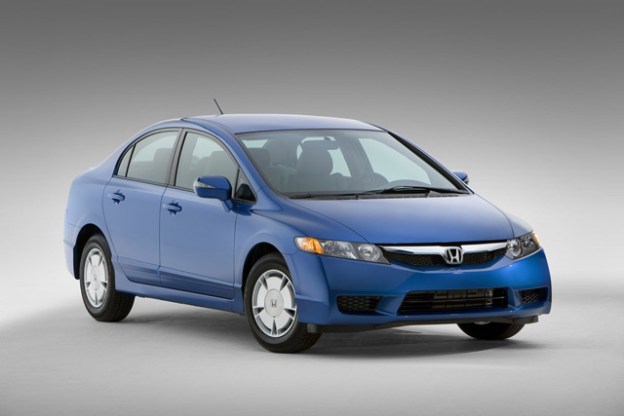
In its April 2013 issue, Consumer Reports raises some serious concerns over the long-term reliability of the Honda Civic across the model year board.
According to the Consumer Reports 12-month survey, one in five owners of the 2009 model year Civic Hybrid needed to replace the nickel-metal hydride hybrid battery pack.
More than 10-percent of owners of the 2003, 2004, and 2010 model years also needed to replace the battery, according to Autoguide.
Running anywhere from $2,000 to $4,000 per unit, the battery packs are a costly and vital part of the hybrid system. When they go, the car can’t function. So it’s not just a repair owners can forego.
Depending on the state in which the vehicle was sold and the model year, some Civic Hybrids are covered under a 10-year/100,000-mile warranty, which Honda has extended to 11 years/137,000 miles after initial reliability concerns were raised. Not all buyers were fortunate enough to receive such a lengthy coverage window and many have been forced to replace the faulty batteries out of pocket.
Interestingly, we just last week we reported that Honda began recycling these exact nickel-metal-hydride batteries for reimplementation into the hybrid market. While the recycling technology is impressive, we now wonder if it’s worth the effort. If the batteries remain a liability, is it wise for Honda to reuse them?
Honda recently switched over from a nickel-metal hydride-powered Civic Hybrid to a lithium-ion-powered unit for the 2012 and 2013 model years. Since other automakers have had reliability success with lithium-ion, it’ll be interesting to see how Honda fares with the new batteries.


